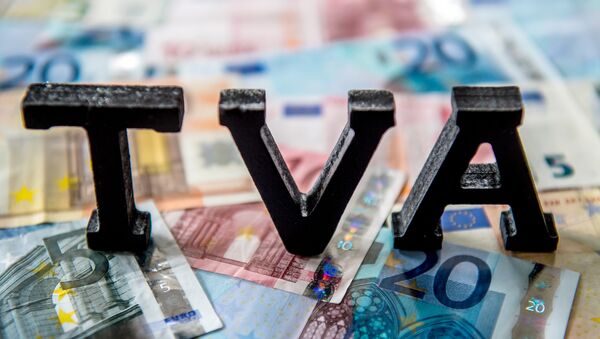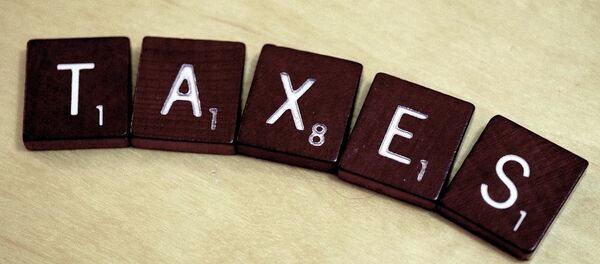Members of the European Parliament (MEPs) as well as campaign organisations have called for a re-think of the new rules – known as VATMOSS – which came in on January 1, 2015. Under the rules, a seller has to pay VAT in any EU buyer’s country, at that country’s VAT rate, even if the seller is not in the EU.
There is no threshold: even if a business sells one item for 99 cents, the law still applies. To prove where the buyer is, the seller needs two non-contradictory pieces of information, which must be stored for ten years.
The law was brought in to prevent multinationals from abusing European tax regulations by paying VAT in countries with a benign tax regime, depriving EU countries of VAT revenue on sales. However, the sheer process of managing to comply with so many different tax regimes and paperwork has forced many microbusinesses to withdraw from the market.
"Trading in Fear"
Richard Corbett MEP wrote in his latest newsletter: "Many small businesses feel that these changes have been forced upon them at short notice, and without any transitional help so that they can adapt. The changes required to e-commerce and administrative systems seem prohibitively complex.
"The lack of a threshold for charging VAT means that many businesses who previously did not charge VAT at all now have to implement systems to do so when selling to other EU countries," he wrote.
"Last week, the Irish Revenue mistakenly sent out 2,000 letters demanding sums as high as US$114,000 from VATMOSS-registered sole traders who had already paid their VATMOSS liability (often below US$11). This caused widespread panic amongst these businesses owners who don’t have accounting teams to handle this for them and for some it has been the final straw," she said.




